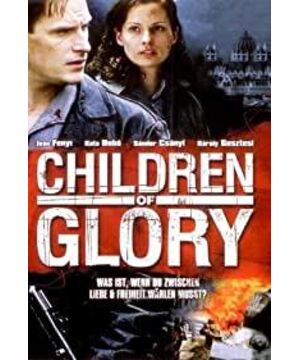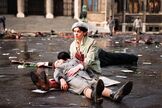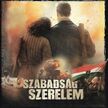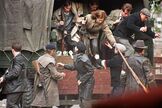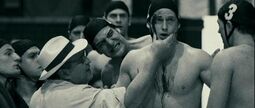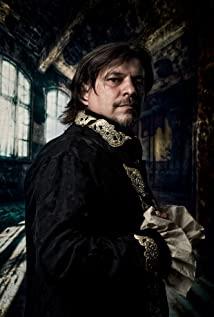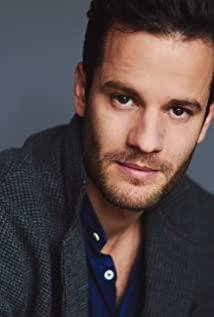The Hungarian film "Children's Honor" (or "Son of Glory") that I just watched recently is a film that made me understand a piece of history that was once forgotten. It describes a piece of history, a very important piece of history in Hungary, which happened in 1956 The October events of 2008, which the Soviet Union and we for a long time called the Hungarian Counter-Revolutionary Riot, are now known in their own countries as the Hungarian October Revolution or the People's Uprising. A key figure in this revolution was Nagy Imre, then the Prime Minister of Hungary, who led the reform, announcing Hungary's withdrawal from the Warsaw Pact, the withdrawal of Soviet troops, and an enlightened politics at home. Najib, a name once very familiar to the Chinese, was treated as a traitor who betrayed the communist cause. Eighteen years after his execution, China's reformist leader was also accused of being China's Najib during the April 5 incident. With the intervention of Soviet tanks, the brief Hungarian warm autumn came to an end, and the forces of democracy were suppressed. "Children's Honor" faithfully recreates the historical events of this pivotal month in Budapest's history through the fate of the Hungarian water polo before the Melbourne Olympics.
In Eastern Europe in 1956, ten years had passed since the establishment of the socialist camp, all kinds of contradictions had accumulated, and the people's dissatisfaction was also increasing. In the Soviet Union, Khrushchev made a secret report criticizing Stalinism. In Poland, this year was also a year of labor surges. Gomulka, who had been imprisoned for many years, became the general secretary of the Polish Communist Party and carried out reforms. The Iron Curtain in Eastern Europe has opened a crack and appears to be on the verge of thawing. In fact, isn't China experiencing a short-lived spring at this time? It was against this backdrop that the Hungarian events described in the film broke out. The reason why I take the trouble to introduce the historical background is because this history has been blocked or even distorted here, and this history is the main theme of the film. Understanding this history plays a crucial role in understanding this film. . But history is not for looking back. We can learn a lot from the exploration of history. History often repeats itself in the same place or in different places. It has been said that when history repeats itself, one is a drama and the other is a comedy. However, more often, no matter how history repeats itself, it appears in the form of tragedy, and violence always replaces reconciliation.
The male protagonist in the film is a Hungarian water polo star. Although he is dissatisfied with the domineering and reality of the Soviet Union, he is still preparing for the Olympic Games and looking forward to winning the championship. After all, this is his dream, and a profession that allows him to have a better life. The heroines in the film seem to be more passionate about the revolution, after all their parents have died under this totalitarianism. The male protagonist appears to be involved in this uprising out of love, but in fact his grandfather's hatred of the current system also deeply affects him. His grandfather always told him that "we have to fight back", which made him leave the water polo and come to the street without hesitation. Courage and brutality, violence and bloodshed, are the inevitable results of mass protests under a totalitarian regime. After blood splattered and corpses on the streets, the Hungarian revolution seemed to have won. The Hungarian people rushed to the streets excitedly, shouting that Hungary finally won independence and freedom after a hundred years of suffering. The hero returned to the team and went to Melbourne for the Olympics. But things are not so simple, spring is short after all. As their planes took off, the withdrawn Soviet tanks rumbled across the border. When the Hungarian water polo team beat the Soviet team, Budapest was being bombarded and crushed by tanks. When the hero comes to victory, his country is going through great suffering and his girlfriend is captured and executed. The children of the water polo team got the honor, but the honor their homeland could not bear.
Flowers bloomed and withered quickly in this short spring. The Iron Curtain opened and closed in Hungary. This pain can only be hidden in the hearts of the common people. Soviet tanks are still raging on this land. The shadow of totalitarianism It will be more than 30 years to cover, and it was not until the drastic changes in the Soviet Union in 1989 that this sad page was turned again. History has also repeated itself twice in Hungary. This time in 1956, it ended in tragedy; in 1989, Hungary was the first to cut the barbed wire and set off Su Dongbo, but this time it ended in a drama. Thirty years of oppression have not yet extinguished the courage and yearning for freedom of the Hungarian people. This is a respectable people who have proven themselves with blood and life.
View more about Szabadság, szerelem reviews


